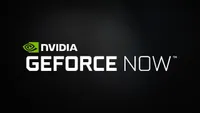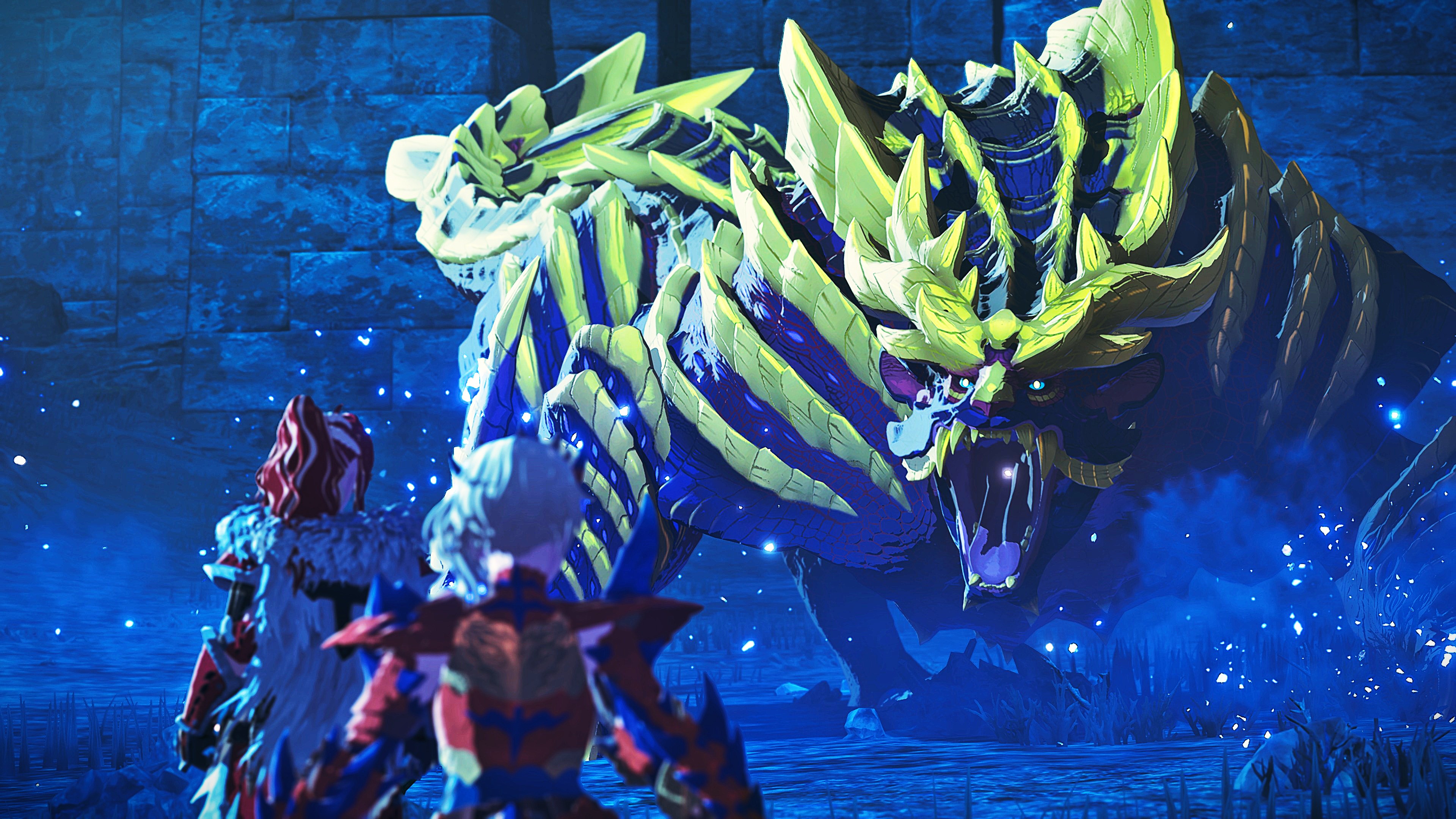Google giving up on Stadia is a prime opportunity for Xbox
As Stadia gets really good, Google does what it does best and pulls the rug out from under it.
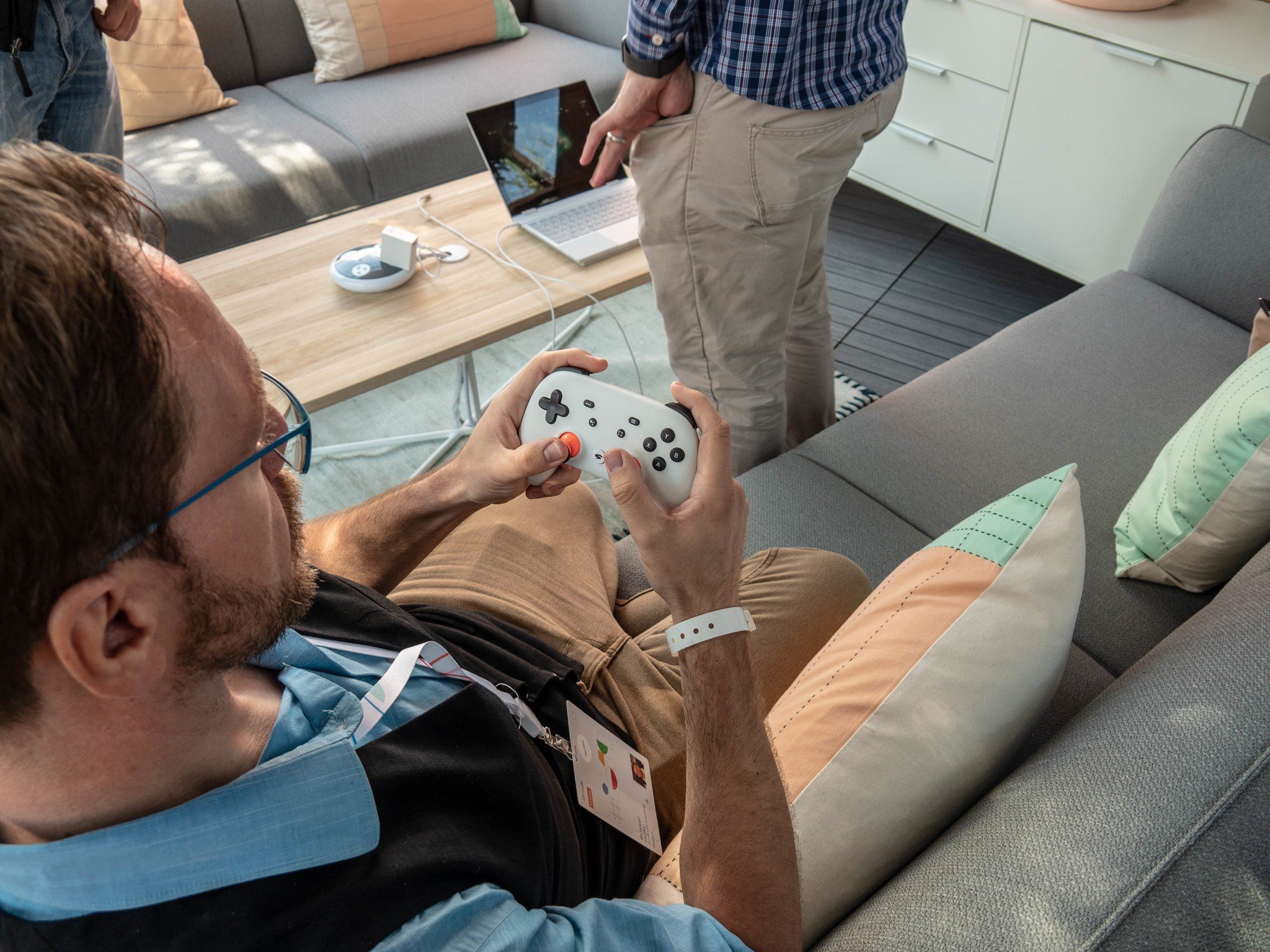
All the latest news, reviews, and guides for Windows and Xbox diehards.
You are now subscribed
Your newsletter sign-up was successful
Google and Microsoft killing products is something we're all used to by now. After Microsoft pushed Mixer off the cliff last year, it's back over to Google to get 2021 off and running. To be clear, Google isn't killing Stadia, but it might as well be doing.
Google is doing what Google does best; giving up on a product that doesn't deliver immediate success. The worst part in all this is the human cost, and the blase way that today's blog post announces the news that a lot people are going to be looking for a new job.
It all stinks. But let's face it, nobody is really surprised, right? We all thought Google would get bored eventually, it's just happening a bit quicker and I'm pretty mad I let myself get into it as much as I have.
What's happening at Stadia?

If you haven't yet seen the news, a quick catch up. Google has announced that it is closing down its internal game studios developing for Stadia. The timing of the announcement is almost comical when you consider it comes the same day as Journey to the Savage Planet finally launched on Stadia. Its maker, Typhoon Studios, was acquired by Google in late 2019.
The head of the division, Jade Raymond, is leaving Google, and Kotaku reports 150 people are going to be in need of a new job. Google casually says in its blog that "most" will be moving on to new roles. You know, corporate speak for we just made them all redundant. All of these people are talented and I'm sure I speak for everyone when I wish them well in finding another role soon. A lot of talented people went to work for Google, hopefully their next employers treat them better.
Stadia as a platform is continuing, apparently, but will no longer be investing in first-party titles. Instead, Google will be relying on third-party publishers, such as Ubisoft and 2K, to fill out its library. Stadia Pro will continue, because Google definitely wants to keep making as much money as it can out of it, and apparently its moving to license the Stadia backend tech to third-parties. It's this last part that is setting the alarm off.
The beginning of the end of another Google product
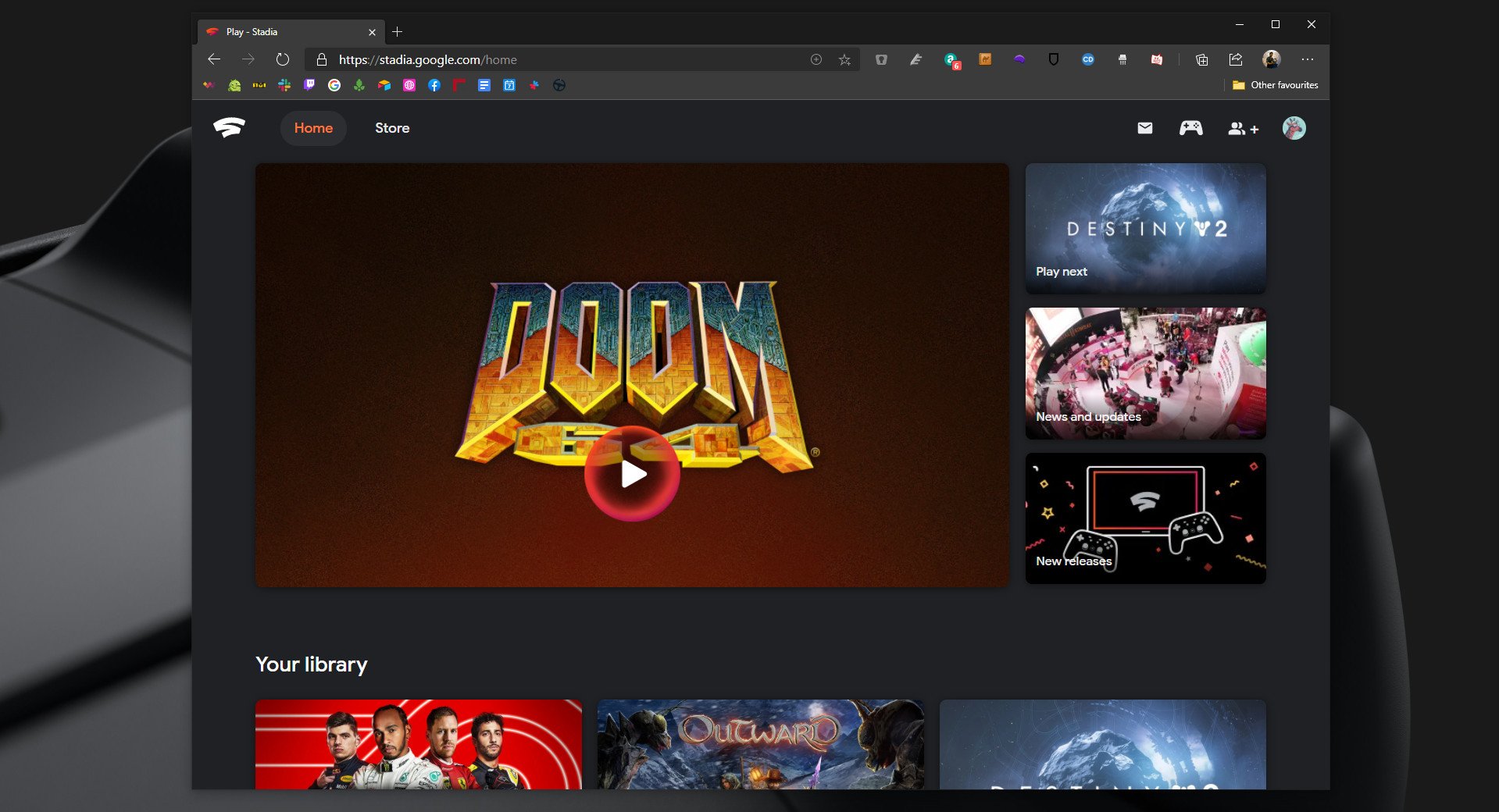
It doesn't matter how much PR Google spins from this, there is one overarching reaction to this news. Google has a reputation for killing products, there's even a whole website dedicated to it. If the tech behind Stadia is going to be sold off to third-parties, where does the need for Stadia to exist lie? This snippet is the crucial part:
All the latest news, reviews, and guides for Windows and Xbox diehards.
"In 2021, we're expanding our efforts to help game developers and publishers take advantage of our platform technology and deliver games directly to their players. We see an important opportunity to work with partners seeking a gaming solution all built on Stadia's advanced technical infrastructure and platform tools. We believe this is the best path to building Stadia into a long-term, sustainable business that helps grow the industry."
And so most, myself included, would be forgiven for thinking that Google is already starting to lay the groundwork for an out. Making games is a time consuming process, the fact that Stadia is already shutting its first party studios before any ideas are off the storyboard says a lot.
Either Google has no clue what it's doing or it's readying to fill another plot in the Google Graveyard.
Either the company has absolutely no clue what it's doing in gaming, or it hasn't seen enough immediate success and is getting ready to fill another plot in the Google graveyard.
Even if Google proves us all wrong and Stadia continues to live a long life, the damage is largely done. I never put all my eggs into one company basket, because they're all terrible and could cancel something at a moments notice, but I do enjoy Stadia and I have spent some money on games and Stadia Pro.
Now I'm looking at it wondering why I would want to spend anything when there's a pretty solid chance it won't exist in the future. And if all Stadia players react the same way, and revenue tanks entirely, there's Google's icing on the cake for pulling the plug. I hope I'm wrong, because I've got a lot of games on Stadia I don't have on other platforms, and I'm going to be pretty bummed if they get taken away.
Time for Xbox to accelerate

At the moment, I'd steer anyone serious about cloud gaming towards NVIDIA GeForce Now or Stadia over Microsoft's Xbox Game Pass streaming. Simply put, Microsoft is falling behind. The tech can't compare and it's still officially only available on Android phones and tablets.
Google confirmed in its blog post today that it still sees a future for cloud gaming, not least because it plans to sell the technology it has developed for Stadia. It's hard to argue, at least right now. The technology exists, and using the cloud opens up high quality gaming to the whole planet without the need for specialist consoles or powerful gaming PCs.
It's time for Microsoft to start moving up through the gears with its game streaming.
The time is now for Microsoft to double-down and accelerate its streaming plans. We need to see the client for Windows and iOS, and above all, the backend overhaul to bring it up to snuff with the competitors. The world in 2021 is not the world any of these services were born into, and there are challenges to overcome, but Google is throwing in a towel that Microsoft can wield to its advantage.
You'll be able to play Halo Infinite from the cloud, future Forza games, whatever comes out of the Bethesda deal, so many amazing first-party titles. But it won't matter without the end experience being as good as it is on the competing platforms. And since Stadia probably has a lot of mobile fans among its user base, Xbox is a natural alternative if they decide to jump to a more stable ship.
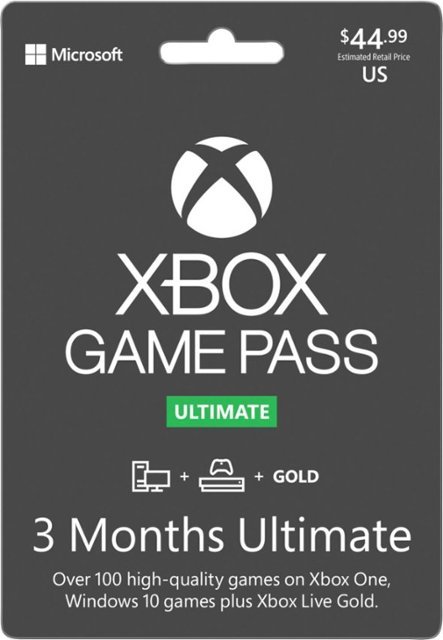
Is the Xbox Game Pass Ultimate the best value in all of gaming? It's possible. Ultimate bundles your Xbox Live Gold subscription, an Xbox Game Pass subscription for both Xbox consoles and Windows PCs, and Xbox Cloud Gaming for on-the-go. That means access to hundreds of games, with more, added all the time, for a single monthly subscription cost.
NVIDIA's cloud game streaming service is one of the best available today, delivering lag-free gaming at 1080p/60fps. The fact that you can access NVIDIA's servers for free makes it an easy sell, and the $4.99 plan makes it an immediately enticing option for seasoned gamers.
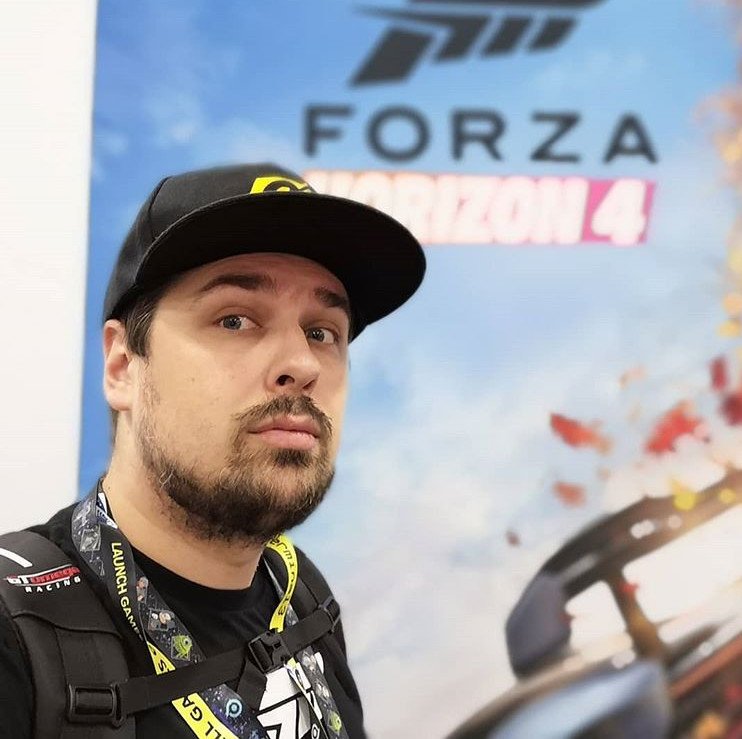
Richard Devine is the Managing Editor at Windows Central with over a decade of experience. A former Project Manager and long-term tech addict, he joined Mobile Nations in 2011 and has been found in the past on Android Central as well as Windows Central. Currently, you'll find him steering the site's coverage of all manner of PC hardware and reviews. Find him on Mastodon at mstdn.social/@richdevine
